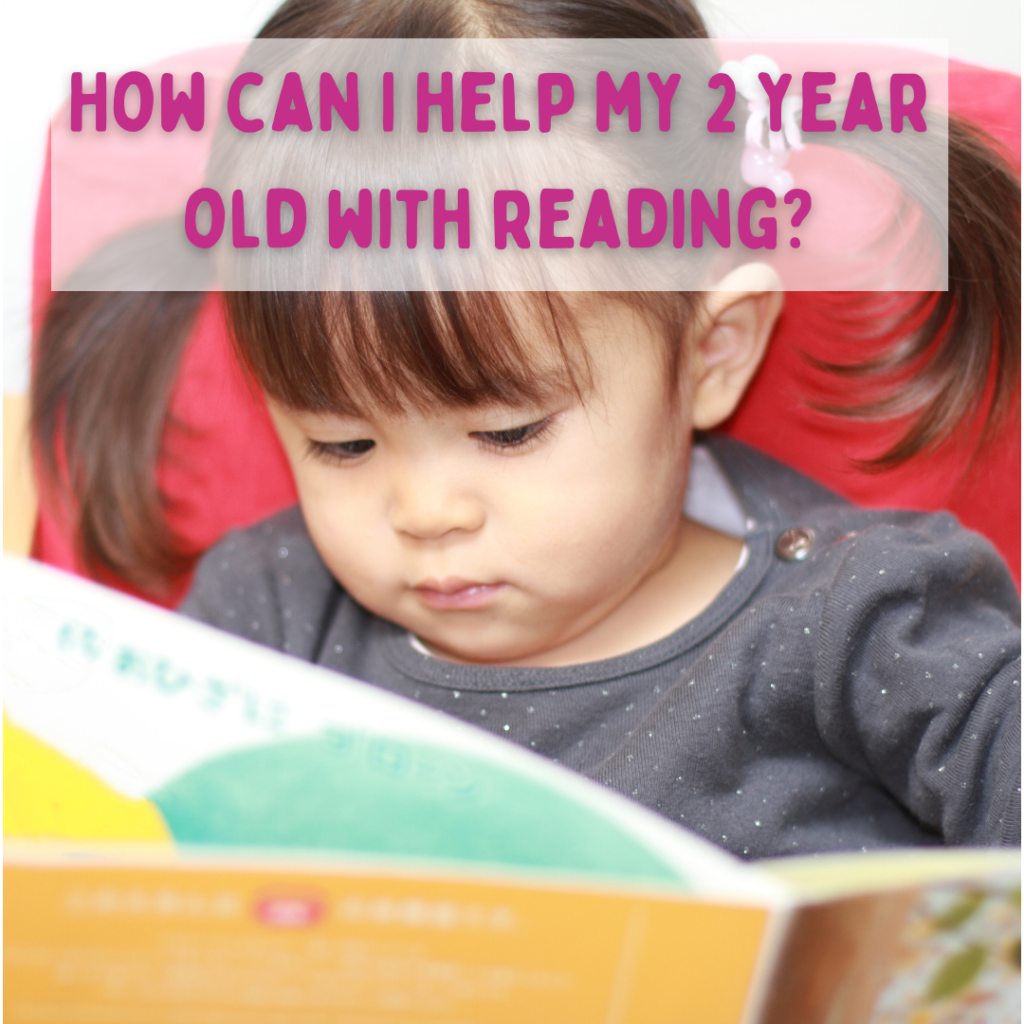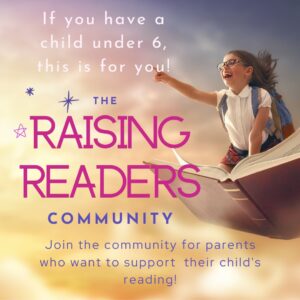Help your 2 year old with reading skills!
We all want our children to have the best advantages in life. That includes asking how you can help your 2 year old with reading. Read on to find out how you can help prepare them to read!

The terrible twos can be a very tricky time for most families, especially when your little one learns the word ‘no’! But it’s also the time that many parents start to think about education and how to give your child the best possible start. How can you teach your 2 year old all the things they need to know?
Reading is one of the most important things that your child will learn. Knowing how to read allows our children to learn so many different things in the future. It gives them independence.
But you knew all of that already. You want to know how to teach them when they’re young!
Evidence shows that learning letters early has little to no impact on a child’s ability to read later on, and in fact, can be detrimental and leave them struggling. Instead, children need to develop the skills for reading.
For some children, this comes naturally over time. For most, it needs to be taught.
Which sounds scary. It sounds like a lot of work. It sounds like you need to be giving your child that ‘instagram lifestyle’ in order for them to be alright. Which is rubbish. No one actually has that life that we see on instagram (I certainly don’t!)
There are loads of ways that we can be teaching our children reading skills in ways that don’t cause us extra stress. In fact, you might find that you’re doing most of them already!
Things you can do to help your 2 year old learn reading skills
Listening Games
I’ve written a whole blog on this here – 10 listening games that will help your child learn to read – but the essence of it is that reading requires children to be able to hear small units of sounds in words and blend the sounds together. By developing your child’s listening skills, you’re making it easier for them to identify sounds in smaller and smaller units, leading to them finding it easy to recognise them in words. (This also helps with segmenting words for spelling as your child can hear each individual sound more easily).
Starting to listen for more sounds in their environment is the first step towards recognising small units of sound in words, so try to take a moment’s breather and encourage your child to listen to the world around them and see how many different things they can identify. If you want more help with this, have a look at my 10 reading activities and sign up for my newsletter where I regularly send tips for reading!
Build Vocabulary
The average 3 year old already knows 450 words. By the time a child is 4 they know on average 1000 words! The wider a child’s vocabulary, the easier it is for them to work out words on a page and understand what they are reading.
There are lots of ways to develop a child’s vocabulary. I’ve listed a few example games below and am working on a more comprehensive list! If you want to be notified when it comes out, you can sign up for my mailing list here.
- using interesting words around the house – try to use less common words when you’re playing with your children. Exposing the to a variety of words that mean the same thing will help their vocabulary grow, but remember, it takes 4-12 times hearing a new word before a child learns it! Some examples of words you could use are
- immaculate when something is clean
- marvellous or wonderful instead of good
- delicious or scrumptious instead of yummy
- Categories – choose a category and list all of the things you can think of in this. The category could be anything, from kitchen objects to types of clothing. When you run out of objects, choose another category! This is an easy game you can play anywhere. While your 2 year old might run out of options quite quickly, as they get used to playing this game, they’ll find it easier to think of more and grow their vocabulary within that category!
- This one builds on the last game. Encourage your child to build descriptors that match a category. For example, if your category is animals, challenge your child to explain what the animal does as well as what it is. What does the animal do? – A bird flies, a dog ___
Nursery Rhymes
Again, I’ve written a longer blog on this here – Do nursery rhymes help our children? – but nursery rhymes are incredibly helpful for teaching our children to read. Repetition, use of gesture and exploration of rhythm and rhyme all help our children to build their vocabulary, helping them to make links between words and their meanings. They also build our children’s attention spans, social skills and their understanding of the world!
Controlling our Voices
Voice control helps our children with making smaller and smaller units of sound, which they will later use to sound out words and blend them together. We can help our children develop this in a variety of ways
- making sounds when our children are playing, such as ‘weee’ when they go down a slide
- singing songs and nursery rhymes
- say words in different ways, fast, slow, differences in pitch etc.
- making animal sounds
Enjoying stories
Reading to your child every day helps to develop all of the above and is the most important part of helping your child learn to read at this age. Exposing your child to stories helps them build listening skills, attention, social skills and comprehension. Whether it’s you reading to your child personally, or giving them access to audio books, experiencing books and stories is the most important thing your child can do to become a good reader later on!
If you want to support your child further and get more individualised support for both you and your child, check out the Raising Readers Community, where you can learn all about teaching the pillars of reading, how to ensure you’re getting the most out of reading with your child, and how to fit learning into your day with no extra preparation needed from you. Even just a 3 minute activity a day makes a huge difference. Check it out!

Comments
One response to “Help your 2 year old with reading skills!”
[…] you haven’t already read my blog – how to teach your 2 year old to read – you might want to go and check that out before reading this to find out the fundamentals, […]